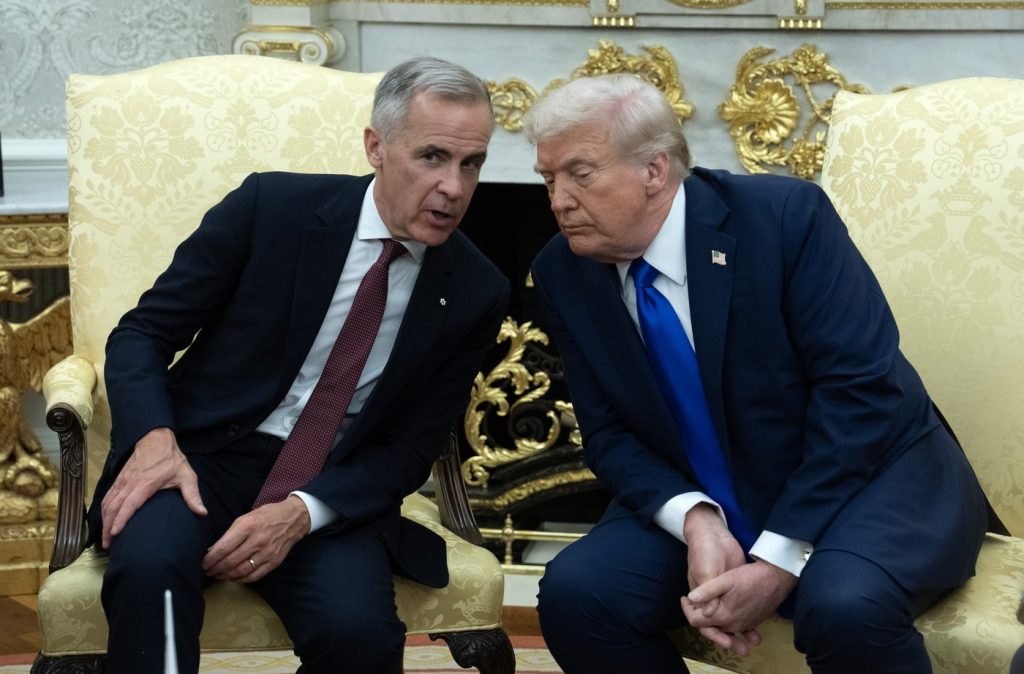KUALA LUMPUR – U.S. President Donald Trump has indicated that he will not be meeting with Canadian Prime Minister Mark Carney during their concurrent visits to Asia this week. Speaking to reporters aboard Air Force One as he traveled to Japan, Trump asserted that he does not foresee a meeting with Carney “for a long time.” This development underscores the escalating tensions between the United States and Canada, particularly in the context of ongoing trade negotiations.
During his remarks, Trump also addressed the issue of upcoming tariffs, stating that he is uncertain when new tariffs on Canada will take effect. His comments come in the wake of his recent threats to impose an additional 10 percent tariff on Canadian goods, which would be layered on top of existing tariffs. This threat was ignited by Trump's frustration over an anti-tariff television advertisement that the Ontario government has been broadcasting in U.S. markets, aimed at countering his tariff policies.
Mark Carney is currently in Malaysia to attend the Association of Southeast Asian Nations (ASEAN) summit. He is scheduled to engage with reporters later today, marking his first opportunity to address the media since President Trump abruptly halted trade talks with Canada on Thursday. The cessation of dialogues highlights the growing strain in relations between the two nations, particularly regarding trade issues.
The trade dispute has been a central theme in diplomatic discussions, with both leaders representing countries with strong economic ties. Carney, who has previously been an advocate for maintaining open trade markets, may use his platform at the summit to clarify Canada's position on the tariffs and convey the implications for bilateral exchanges.
The situation has garnered significant attention in both countries. In Canada, there is mounting concern about the potential impact of additional tariffs on the economy, as various sectors that rely heavily on trade with the U.S. brace for possible repercussions. Conversely, in the United States, Trump's administration remains steadfast in its push for renegotiated trade agreements that prioritize American interests.
This scenario exemplifies the complexities of international trade relations, with both leaders navigating through contentious issues that affect millions of citizens in both nations. As they continue their individual diplomatic missions in Asia, the lack of direct communication between Trump and Carney could signal a prolonged period of tension, potentially impacting future trade agreements and economic cooperation.
This report has been drawn from statements made by President Trump and the ongoing developments surrounding the ASEAN summit, illustrating the delicate balance of global trade relations as both countries face pressing economic challenges.











